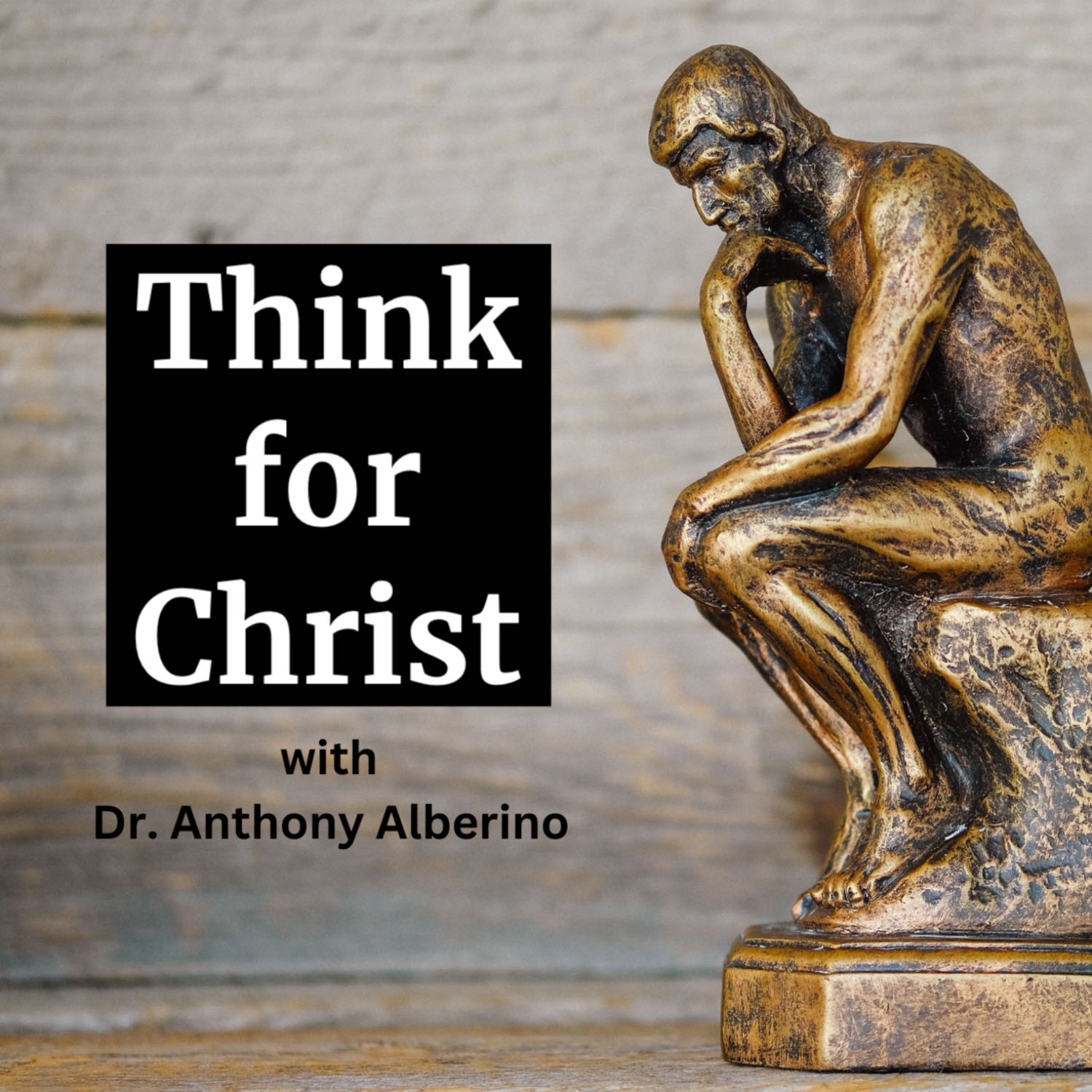A.I. and the Mind Part 2: The Hard Problem of Consciousness
In the previous episode we looked at what I consider to be the best hope and strongest motivation for the belief that artificial intelligence could one day become actually intelligent. That is the philosophical view called physical reductionism. We saw that there is widespread belief among computer scientists, neuroscientists, cognitive scientists, and philosophers of mind that the human mind is nothing more than a kind of biological computer. According to this view, mental states and processes are nothing over and above the physical states and processes of the brain. We also saw that, if this is true, then the idea of machine sentience is not only possible, but is already actual, since every person on the planet is already a kind of wholly material thinking machine. So that the idea of creating a machine that is as intelligent and even more intelligent than a human being is entirely possible in principle, even if not actually feasible given the current state of our technology. However, those who ground their belief in the possibility of a sentient AI on physical reductionism face a serious problem. It’s a problem that by extension confronts any effort to construct an intelligent machine from the ground up. This problem has it’s own name in the philosophy of mind. It’s called The Hard Problem of Consciousness. Join us in this episode of Think for Christ as we consider the nature of consciousness, a subject that takes into a discussion of qualia, intentionality, the knowledge argument, the zombie argument, the construction problem, the unity of conscious experience, the construction problem, the binding problem, and more.

